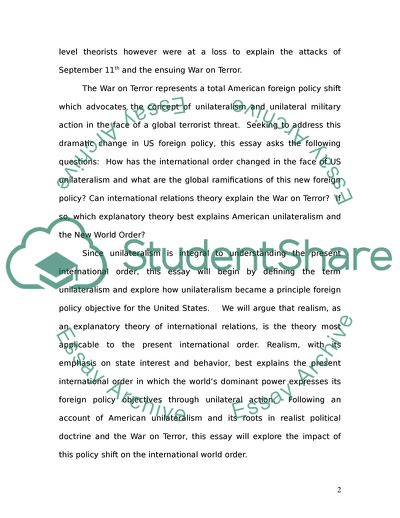Cite this document
(American Unilateralism and the International Order Report, n.d.)
American Unilateralism and the International Order Report. https://studentshare.org/politics/1718645-the-impact-of-us-unilateralism-on-international-order
American Unilateralism and the International Order Report. https://studentshare.org/politics/1718645-the-impact-of-us-unilateralism-on-international-order
(American Unilateralism and the International Order Report)
American Unilateralism and the International Order Report. https://studentshare.org/politics/1718645-the-impact-of-us-unilateralism-on-international-order.
American Unilateralism and the International Order Report. https://studentshare.org/politics/1718645-the-impact-of-us-unilateralism-on-international-order.
“American Unilateralism and the International Order Report”. https://studentshare.org/politics/1718645-the-impact-of-us-unilateralism-on-international-order.


